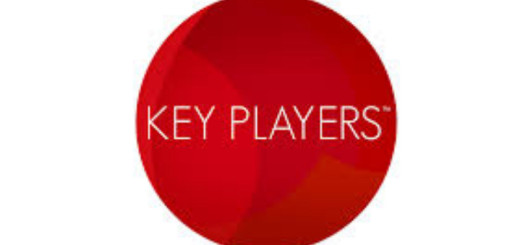Putting a Stop to Human Trafficking
Evan Lee, an Associate at The Volkov Law Group, joins us for a post on the new anti-human trafficking rules. Evan can be reached at [email protected]. His bio is here. Consistent with the US Government’s zero tolerance policy concerning human trafficking, a cadre of government agencies recently published a final rule amending the current Federal Acquisition Regulations provisions on human trafficking. Taking effect March 2,...
























